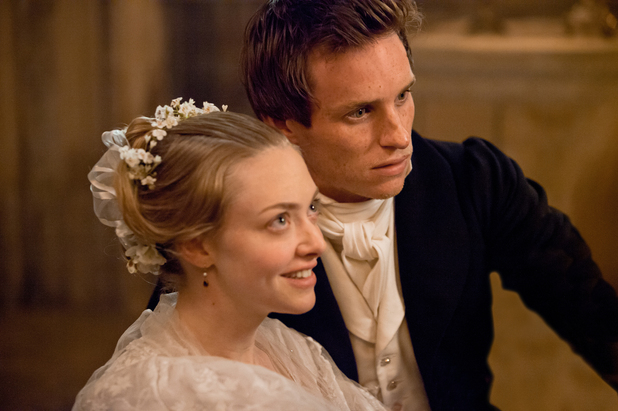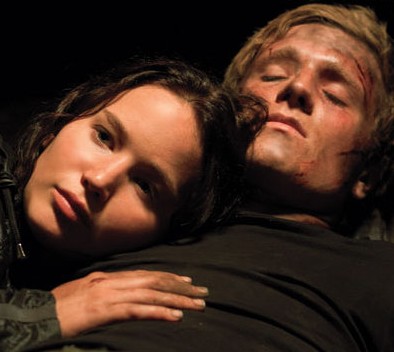 There have been few PBS shows that have truly captivated American audiences like Downton Abbey. From the beginning, millions of us were sucked into the world of an English Lord and the ever changing world that his family and staff found themselves in. After two dramatic seasons, the Crawley family is back and just when some are hoping to get back to the way things were, their world is shaken to its core.
There have been few PBS shows that have truly captivated American audiences like Downton Abbey. From the beginning, millions of us were sucked into the world of an English Lord and the ever changing world that his family and staff found themselves in. After two dramatic seasons, the Crawley family is back and just when some are hoping to get back to the way things were, their world is shaken to its core.This season starts in the spring of 1920. Though things have begun to settle down into a new reality after the carnage of WWI, there is still a lot of upheaval at Downton. Lady Mary and Matthew Crawley are finally about to wed, but there is a dark cloud overshadowing the festivities. Due to some poor investment choices on Lord Grantham's part, Downton stands on the brink of disaster and the family are threatened with having to move to a smaller place. A chance inheritance puts Matthew in a position to save the estate, but he's not sure if he should accept the money, and even if he does he has ideas about how the estate should be modernized to prevent the problem from happening again. Ideas that put him at odds with his new father-in-law.
Tradition and modernity clash in many other areas as well. The now pregnant Lady Sybil and her ex-chauffeur husband find themselves living at Downton after he has a run-in with the law in revolutionary Ireland, and Branson struggles to conform to her family's expectations. Former housemaid Ethel falls into an unfortunate lifestyle and Isobel flaunts convention to help get her on her feet again. Lady Edith feels that she has at last found true love with Sir Anthony Strallan, but his age and health give her family pause. Anna is working tirelessly to prove Bates' innocence. And things are about to come to a head for Thomas after spiteful plotting on Miss O'Brien's part leads to a moment that will threaten his life at Downton. All of these problems are eventually overshadowed by two separate tragedies that will change life at Downton forever.
I'm going to go ahead and say what pretty much everyone else already has...this season of Downton Abbey was a bit of a letdown. The soap opera feeling found in Season 2 became even more prominent here with recycled plots and seemingly endless storylines. Many plots from earlier seasons were used again with little to no disguise. And some characters stories just became unbearably long and drawn out. As much as I loved Anna and Bates in the previous seasons, I began wishing that they would either kill him or set him free; anything to put us out of our misery. Characters that I had grown to love somehow became caricatures of themselves and seemed to lose some of the balance that they had. And of course, the loss of perhaps the most likable characters in the whole series was very hard to swallow. Matthew and Sybil were in many ways the only people we could openly love and relate to. I have a feeling that losing both in one season coupled with a fairly boring plot overall will cause some formerly enthusiastic viewers to change the channel next year.
Having said all of that, any blame for this rest squarely on the shoulders of Julian Fellows as the biggest problems seem to stem from the writing. The acting is still superb all around from Lord Grantham (Hugh Bonneville) all the way to the new kitchen maid, Ivy (Cara Theobold) and the production qualities continue to be a highlight. I especially loved the filming in Scotland for the last episode. And if there is any bright star in this rather gray season, it is the Dowager Countess (Maggie Smith). She continues to give outstanding performances and her witty zingers and compassionate moments make her the most well-rounded character.
Season 4 will soon be in production, and though it will be difficult to move on sans Matthew there is hope for the future of Downton. This ship isn't so far off course that it can't be righted, but one more season like this one out of Mr. Fellows and there could be issues. Only time will tell. If you are already into Downton Abbey, then you will have already seen this season. If you are new to it, don't let this review totally turn you off. Though not as good as Season 1, it is still better than just about anything else on television.





















